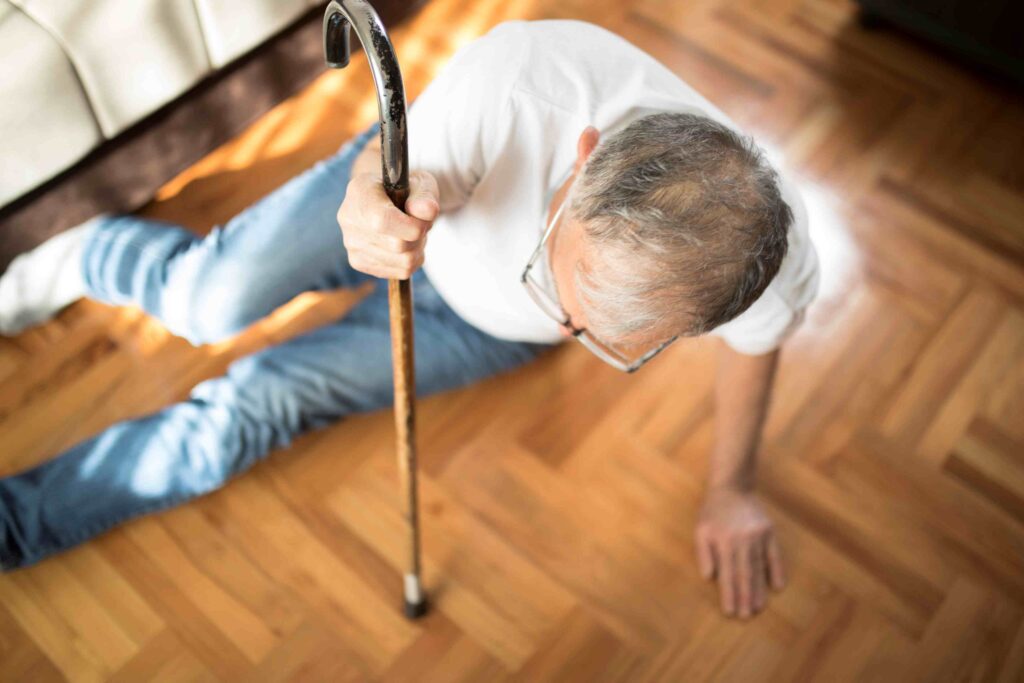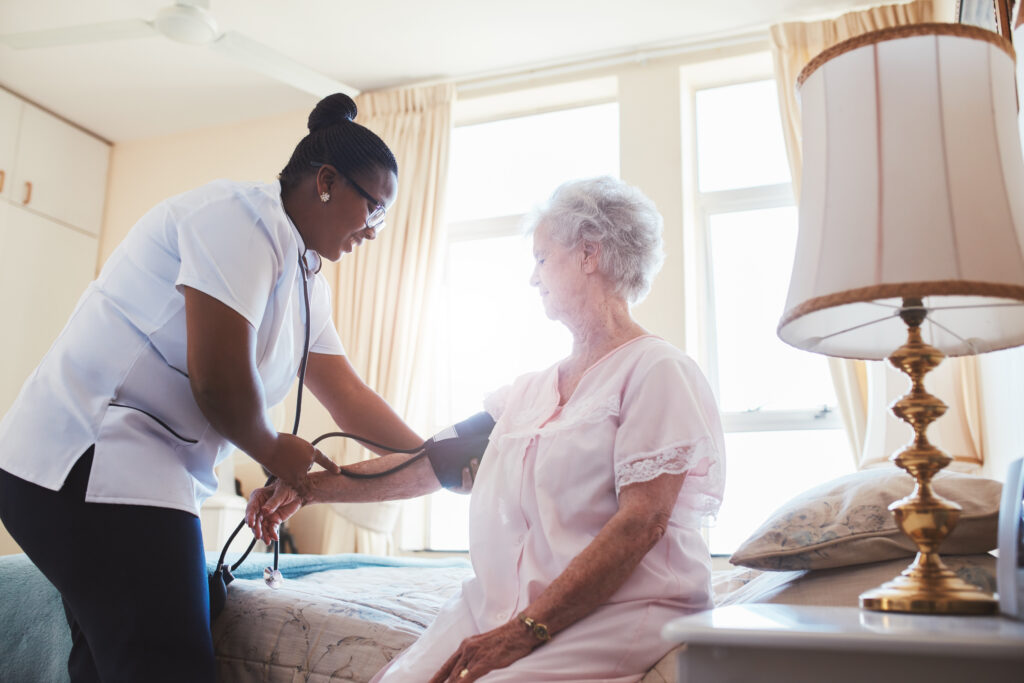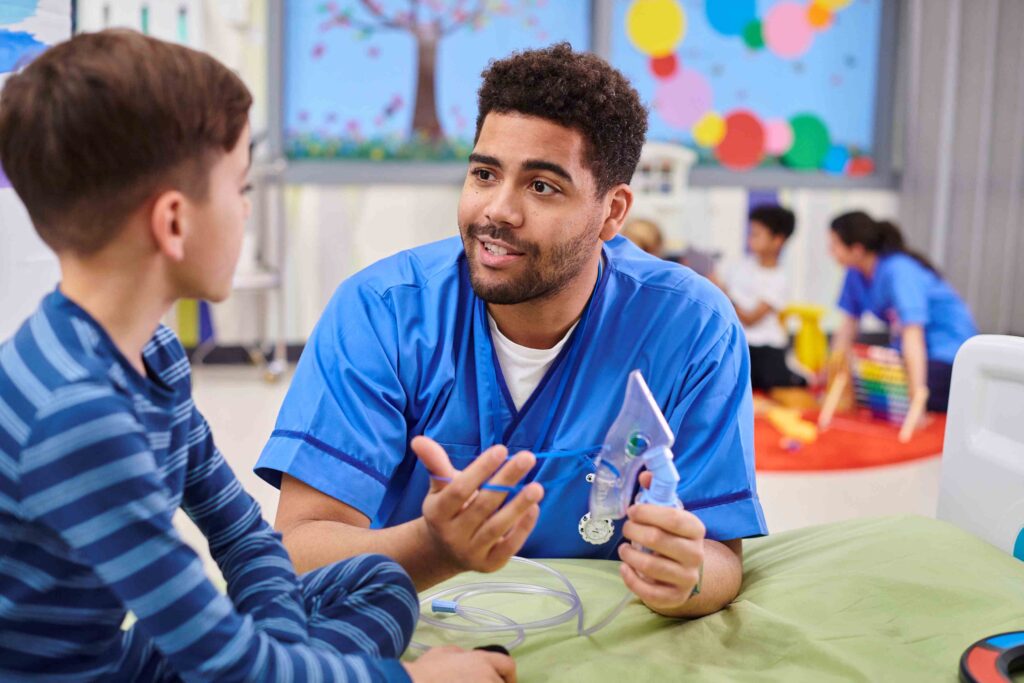Implementing Assistive Tech solutions designed to detect and prevent trips and falls among elderly individuals.
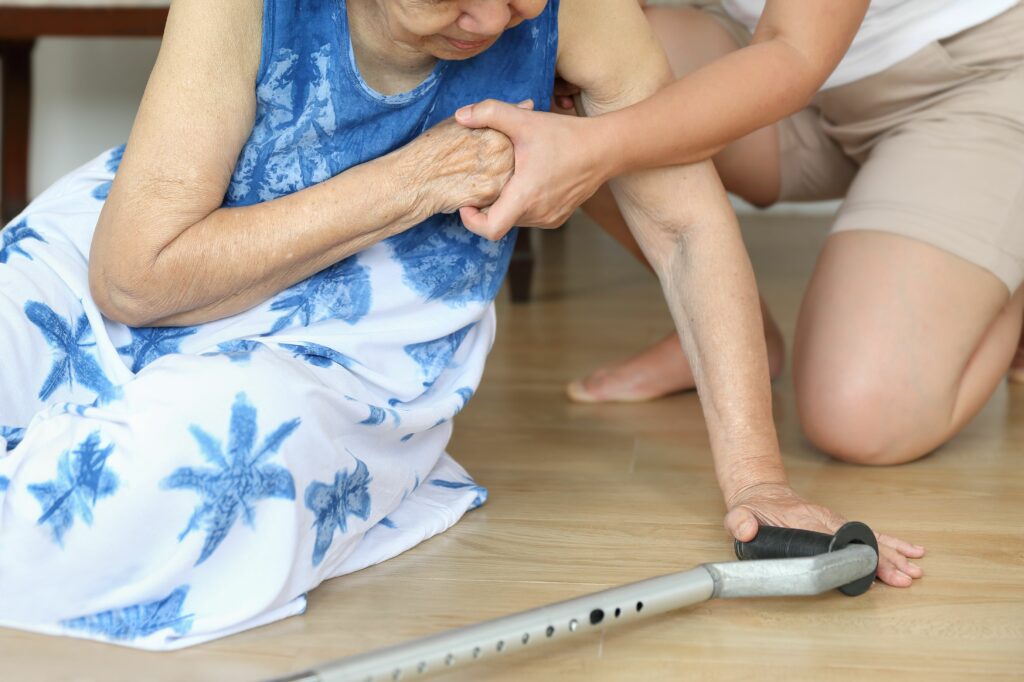
Using tech in care homes to identify people at risk of falls using 4D imaging sensors and at home technology to prompt and support people with their medications.
Following a successful funding bid from the Government’s Adult Social Care Technology Fund, the London Borough of Redbridge has commissioned us as its Implementation Partner, to conduct an 18-month pilot aimed at implementing Assistive Technology solutions designed to detect and prevent trips and falls among elderly individuals. The pilot will be implemented across three care settings: care homes, extra care facilities, and reablement.
Why this is important
Falls are the biggest cause of accidents in the home and one in three people over the age of 65 fall each year. This increases to one in two for people aged over 80. Falls can have a devastating impact on older people and can lead to further physical, mental and emotional consequences and can result in loss of independence, long term falls-related illness and death.
Of the 32 London boroughs, Redbridge has the ninth highest number of London Ambulance Service call outs to care homes for falls.
Those who experience falls can often need to be admitted to hospital to receive care for their injuries. The early detection of falls will help to ease the pressure on emergency services, reducing the number of avoidable hospital admissions and the number of 999 calls relating to falls which will benefit the wider local health system.
Context and Aims of the pilot
The 18 month pilot forms part of Redbridge Council’s broader Assistive Technology Programme, which is exploring how care technology can improve services for people drawing on care services and for staff, while also saving costs through early intervention and prevention. Through consultation with technology providers, local residents, and staff, to identify opportunities and challenges, the programme seeks to determine the best models for care technology implementation and ensure the right culture, data skills, and operational practices are in place.
Care City’s role is to lead on the implementation of this pilot and will support individuals and care settings to introduce technology into their daily routines. We will use pilot-selected technology in CQC-registered care homes, extra-care facilities and within clients’ homes and work closely with the local falls team and Redbridge reablement service.
Apteligen will oversee the evaluation of this pilot, assessing the potential of assistive technology to reduce the number and severity of falls occurring in different care settings across the borough.
Alongside this aspect of the programme, we will also be working with LBR to :
- Develop an AT catalogue for LBR – We will identify existing technology solutions on the market that meet the needs of users and offer cost benefits. We will then package these into an Assistive Technology catalogue for the LBR Adult Social Care teams, designed in partnership with staff, people who use services and local residents, incorporating learning from the pilot. This catalogue will be available as a centralised resource for care teams and, together with a tech showcase we will organise, will help to increase awareness of the different AT currently available and the range of situations that they can benefit.
- Support cultural change around AT – We will also be helping to embed a culture change around assistive technology within the adult social care service, working with providers and service users to understand their attitudes and concerns around tech and its increasing role in care. This means we will explore potential use cases for new tech, and wider digital skills gaps and cultural factors that can support or hamper successful implementation (e.g., workforce beliefs about the ethics of A.I)
Meet our current technology partners in this pilot
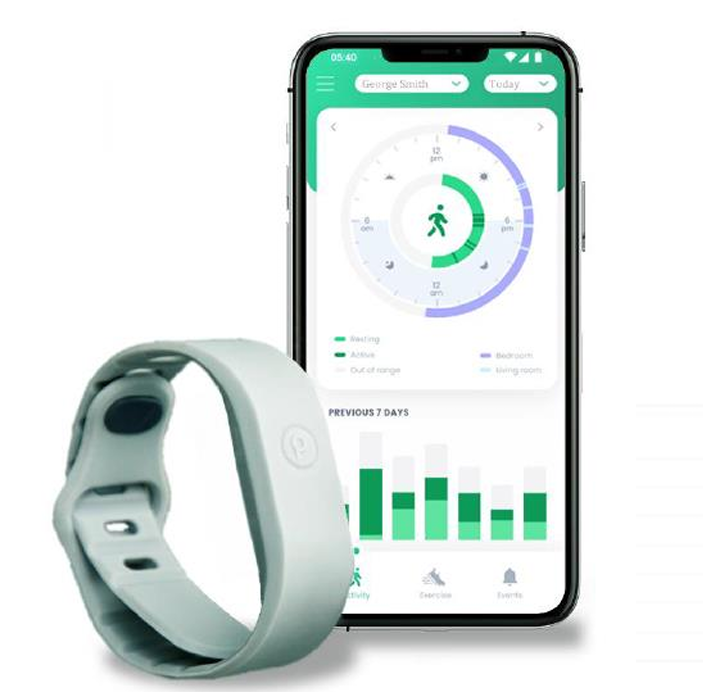
Feebris have developed a comprehensive solution that enables the assessment of a multitude of risks that could lead to preventable falls. The platform includes the capability to monitor mobility patterns, related to frailty, in a non invasive way.
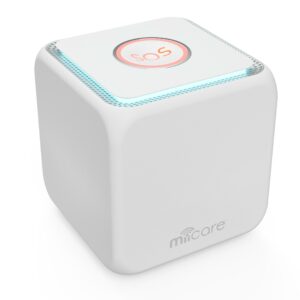
The MiiCube leverages AI to enhance the well-being, independence, and reablement of older adults, offering personalised assistance, real-time monitoring, and anomaly detection, complemented by a range of smart health devices for better support.
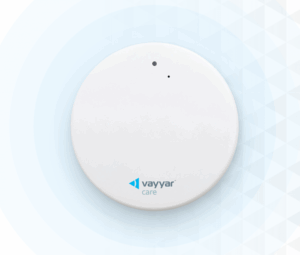
Vayyar’s solution offers non-intrusive sensors that are used for monitoring with the ability to alert care staff to falls occurring in residents’ rooms. The technology does not interfere with individual’s privacy by not capturing optical images, instead it produces a real-time map of the surroundings and can detect where movement is occurring.
Supporting LBBD’s Programme
Relatedly, we are also working as the Evaluation Partner to London Borough of Barking and Dagenham who have received funding to review and roll out a wide range of digital care technologies, including video and communication devices, smart home technology and sensors for falls detection. All these new digital tools are aimed at supporting people in care settings to feel more confidence in their home surroundings, with the risk of falls being carefully monitored.

